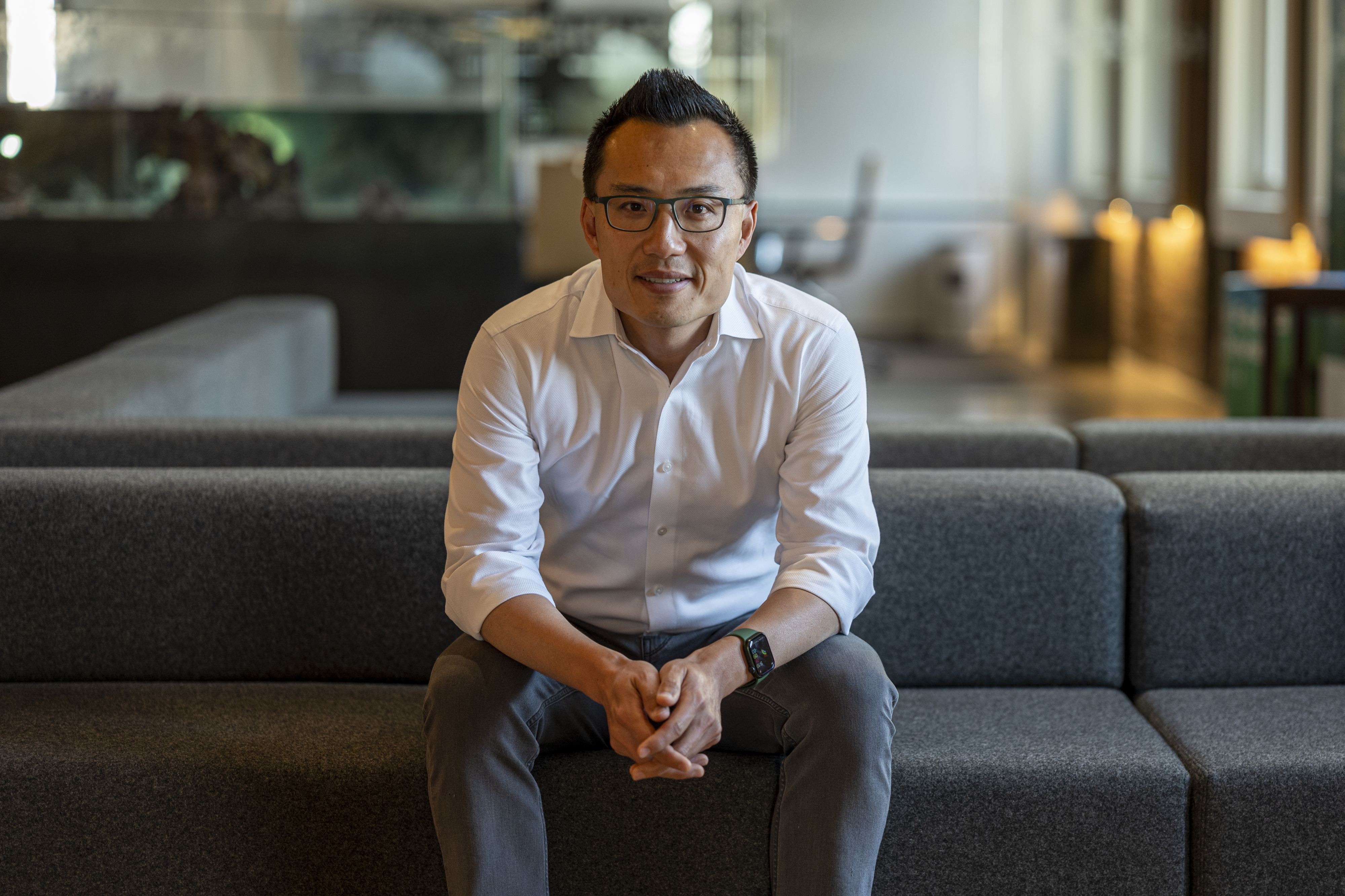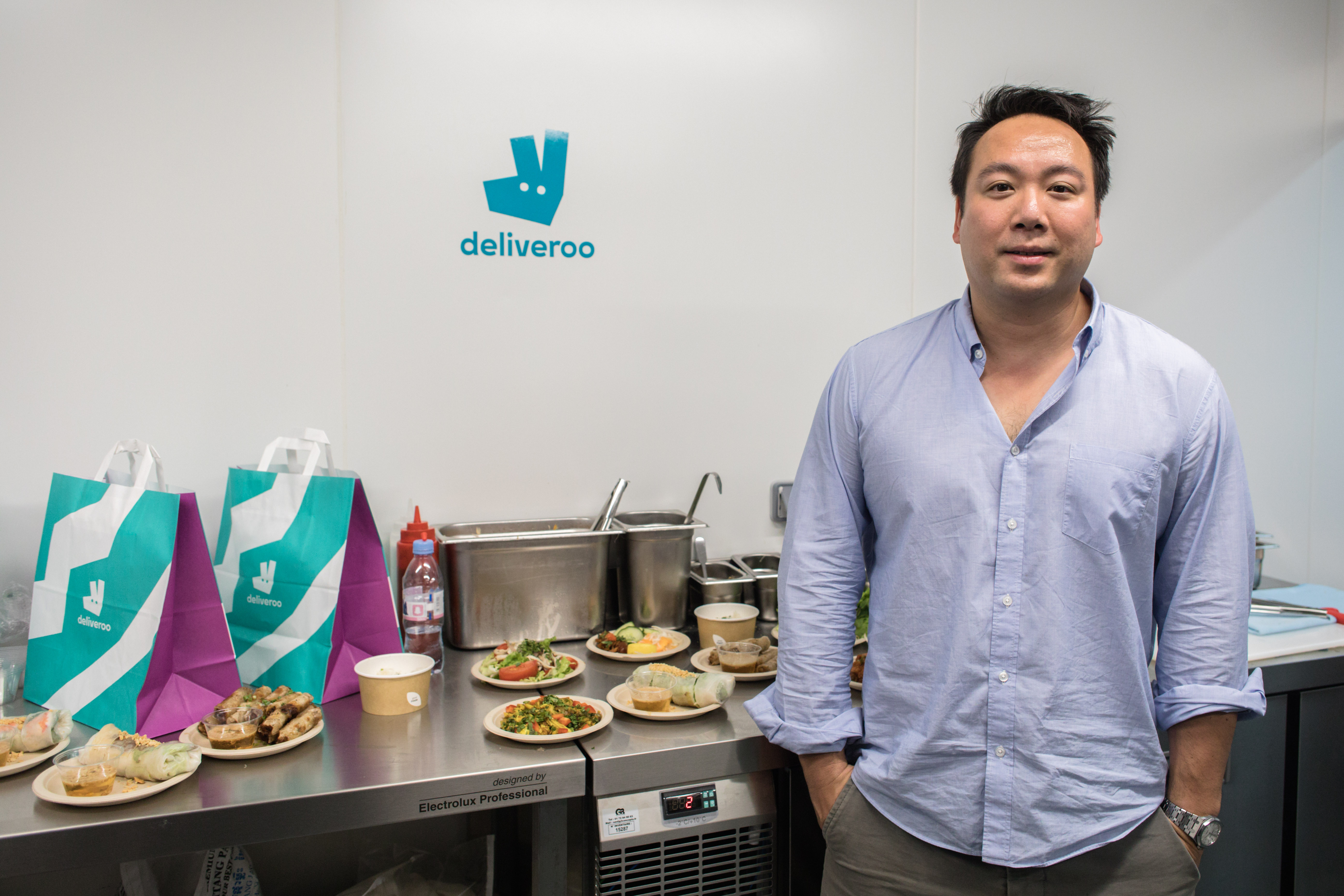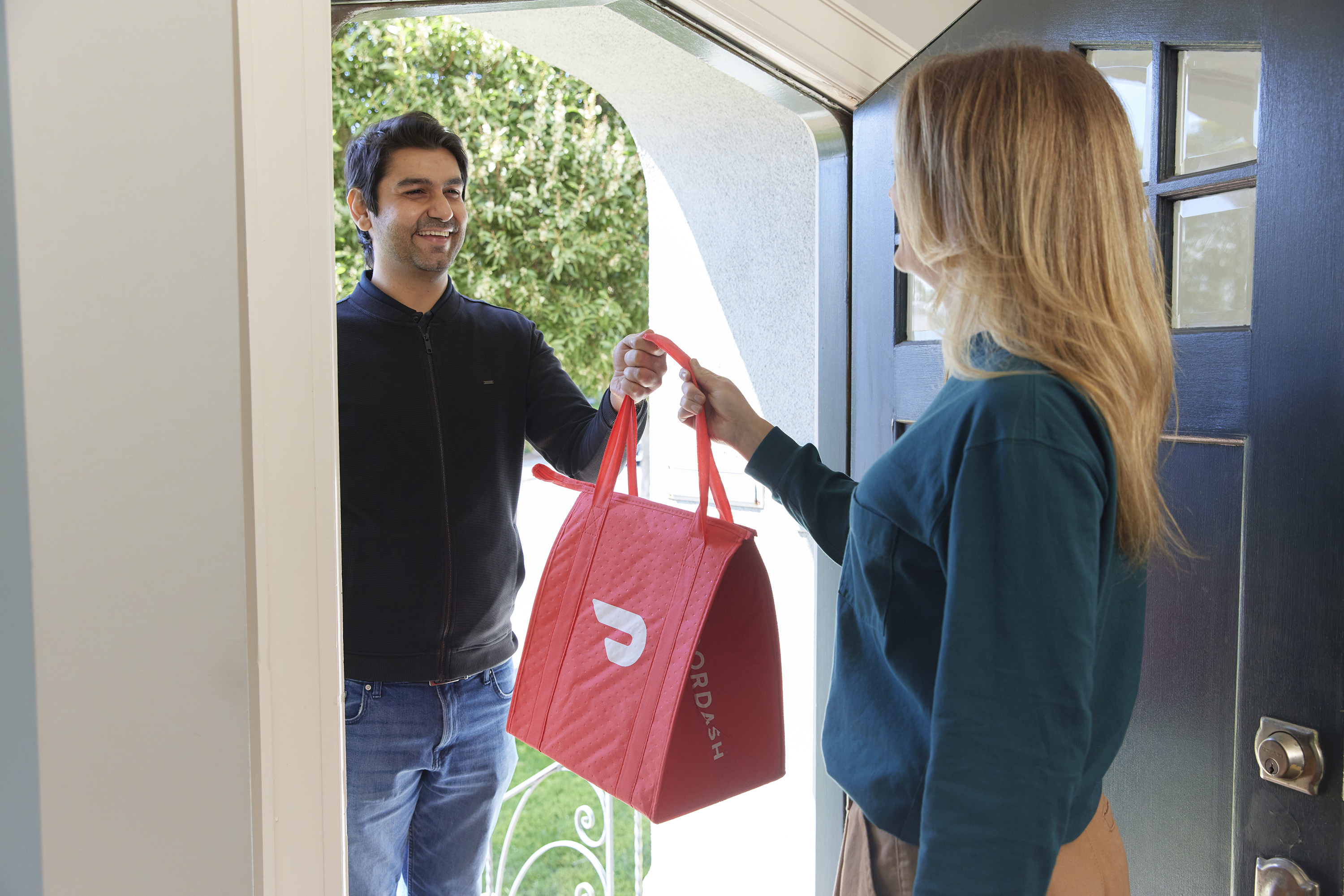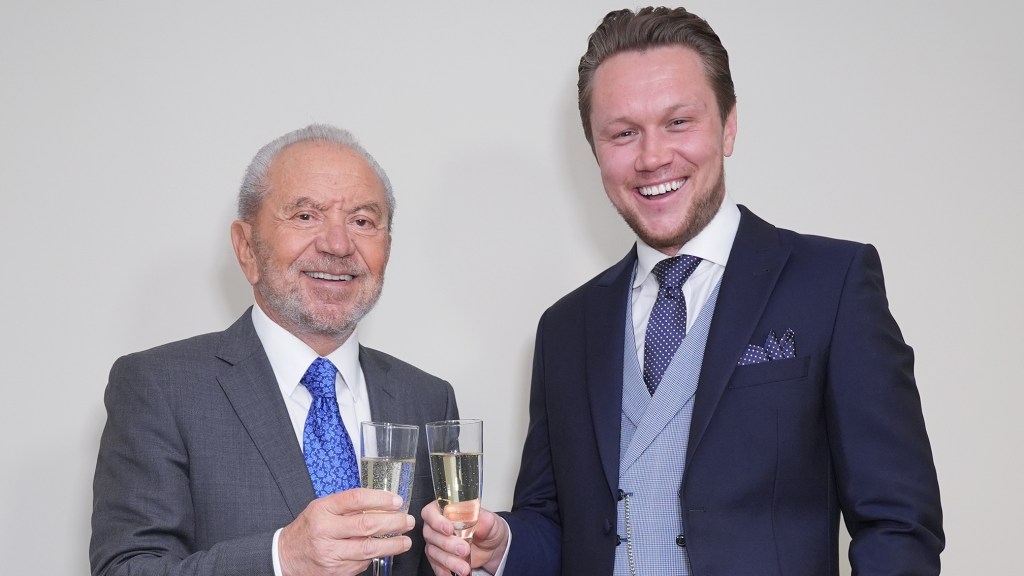Deliveroo’s Merger with DoorDash: A Shared Journey of Tony Xu and Will Shu
Tony Xu and Will Shu share notable similarities as they both venture into the food delivery landscape. In their early forties, these American entrepreneurs launched their respective companies, DoorDash and Deliveroo, in 2013—one on each side of the Atlantic. Coincidentally, both firms entered the public market around the same time, during the pandemic years.
On a Tuesday morning following the bank holiday, Xu and Shu convened at Latham & Watkins’ London office to engage with stakeholders and journalists about a budding integration of their companies.
Deliveroo, the smaller of the two, has accepted a bid from DoorDash amounting to £2.9 billion, translated to 180p per share, which delivers a 29% premium over the last closing price of 140p announced before the offer.

Shu expressed his admiration for Xu, stating, “I’ve known Tony for over ten years now. He’s straightforward, possesses a clear long-term vision, and has created an extraordinary business.” Xu responded, praising Shu and Deliveroo’s achievements, noting, “They have established a solid foundation for doing something exceptional both in the UK and globally.”
Shortly after this announcement, DoorDash disclosed another deal, acquiring the restaurant booking platform SevenRooms for $1.2 billion.
Whispers of a possible merger between Deliveroo and DoorDash have circulated for years. If executed, the merger could conclude a tumultuous chapter for Deliveroo, which has faced challenges as a publicly traded company.
However, the proposed merger is not without complexities, highlighted by two significant uncertainties presented during Tuesday’s announcement.
Firstly, Shu refrained from commenting on his future role within the merged entity. He stated, “That’s not a discussion for today. We’ve reached a stage where a firm offer has been extended. Our boards have unanimously recommended it. We will address role discussions post-shareholder voting and regulatory review.”
While Shu’s non-response raises questions, it is widely speculated that his leadership is pivotal to any prospective buyer.
The second crucial aspect pertains to the silence of Amazon, Deliveroo’s largest shareholder, owning 14% of the company. Amazon has yet to declare its intentions regarding the sale of its shares, which raises eyebrows about whether it might mount a competing bid or deem DoorDash’s offer insufficient.
In 2019, Amazon invested $575 million for a 16% stake in Deliveroo, a deal that faced lengthy approval from UK regulators. Meanwhile, Amazon Fresh, which offers same-day grocery delivery in select cities, enables customers to order from Deliveroo via their app.

For the DoorDash-Deliveroo merger to be successful, 75% of investors must consent. Shu owns a 6.4% stake, and Deliveroo’s other directors, along with a few early investors, have agreed to sell their shares, accounting for 15.4% of total shares under agreement.
Prominent institutional shareholders include Fidelity (9%), Morgan Stanley (7%), and Sachem Head Capital Management (6%), none of whom have yet publicly committed to their plans.
Founded in London by Shu, with co-founder Greg Orlowski, Deliveroo has grown since 2013 to operate in nine markets, supporting 130,000 delivery drivers and partnering with 176,000 restaurants. The UK and Ireland account for 60% of its business, with the remaining markets including France, Italy, Belgium, and Qatar; it does not operate in the US.
Deliveroo has faced scrutiny regarding the employment status of its drivers, who are classified as self-employed, thus lacking access to employment rights like minimum wage and sick pay. This classification was reinforced by the UK Supreme Court in 2023, a victory for Deliveroo amid ongoing labor rights criticisms.
After listing shares at 390p in March 2021, Deliveroo saw an immediate drop of 20% on debut. Despite the stock price decline, analyst Giles Thorne highlighted Deliveroo’s operational achievements, noting the troubling trend of UK tech firms falling prey to US takeovers due to valuation discrepancies.

Contrastingly, DoorDash gained significant traction in the US market after its Nasdaq debut in 2020, with a share price increase of over 17%, culminating in a market valuation of $87 billion. The company commands two-thirds of the US market and extends its operations to several countries, including Australia and Israel.
DoorDash’s footprint in Europe was amplified by its $8 billion acquisition of Finnish startup Wolt in 2021, further establishing its presence in urban markets.
During Tuesday’s earnings call, analysts inquired about DoorDash’s strategic outlook in Europe and potential improvements for Deliveroo. However, just as Shu remained tight-lipped regarding his future at Deliveroo, Xu withheld details about strategic ambitions post-merger, keeping the future of DoorDash’s ownership uncertain.
Deliveroo’s shares experienced a slight uptick, closing at 175.5p, up 3p or 1.9%.
Uber’s Expansion into Turkey
Uber has revealed plans to acquire an 85% ownership stake in Trendyol Go, a Turkish delivery platform, for $700 million as part of its ongoing international expansion.
Trendyol Go boasts a national delivery network that collaborates with over 90,000 restaurants and markets while employing approximately 19,000 couriers. Uber aims to integrate features of its Uber Eats service into this new platform over time.
The acquisition is slated for completion in the latter half of 2025, occurring after Uber withdrew its $950 million bid for Delivery Hero’s Foodpanda unit in Taiwan due to competition concerns. Uber is set to disclose its Q1 earnings on Wednesday.
The food delivery industry has seen fierce competition recently, with a spate of considerable mergers and acquisitions. Just Eat recently left the London stock exchange after being acquired by Prosus for €4.1 billion.
Will Shu Anticipates Opportunities with DoorDash
Will Shu, co-founder of Deliveroo, stands to gain £185 million if the proposed £2.9 billion acquisition by DoorDash proceeds.
Shu possesses about 6.5% of Deliveroo, and eligible current and former employees will also receive unspecified payouts. An employee trust of nearly 4% would create an award pot of £114 million due to the acquisition.
Despite the 180p-per-share valuation being significantly below the 390p float price in 2021, Shu described it as a “fair” offer that positions the company favorably for consumers, riders, and merchants.
This deal may lead to job reductions affecting between 1% to 3% of the combined workforce of 27,700, primarily in administrative and support functions.
Shu conceived Deliveroo while working as a London banker, aiming to diversify the available food options for takeaway. Together with his childhood friend Greg Orlowski, he sought to refine delivery services by attracting a wider array of restaurants and improving delivery speeds.
Initially partnering with an Italian restaurant in west London, Shu personally handled deliveries. Today, Deliveroo employs around 4,000 individuals alongside a network of over 180,000 riders, servicing nearly 200,000 restaurants globally.
Deliveroo recorded its first pre-tax profit of £1.3 million for the first half of 2024, a stark contrast to the £82.9 million loss reported the previous year.
DoorDash, also founded in 2013, has established itself as the largest food delivery application in the U.S., with 24,000 employees and over one million riders active in 30 countries.
Reflecting on the upcoming merger with DoorDash, Shu expressed enthusiasm about the potential synergies and contributions from both companies within the marketplace.




Post Comment